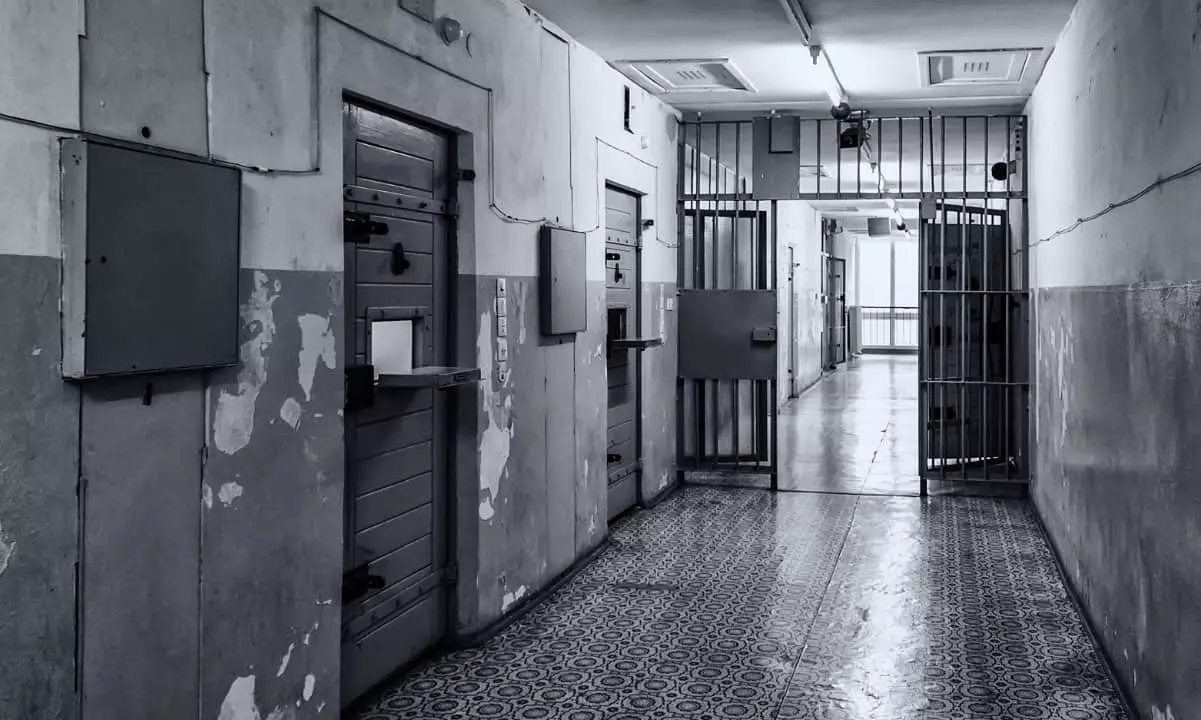In a groundbreaking ruling, a Russian court has dealt a severe blow to the dark web drug trade by sentencing Stanislav Moiseev, the alleged leader of the notorious Hydra marketplace, to life imprisonment. Along with this lengthy sentence, Moiseev faces a hefty fine of four million rubles (around $37,500). This unprecedented verdict is not merely an isolated incident; it highlights the concerted efforts by law enforcement to clamp down on illicit online activities that have plagued the narcotics landscape across Russia and nearby regions.
Moiseev was not alone in facing justice; a total of fifteen associates also received prison terms ranging from eight to 23 years, collectively fined 16 million rubles (approximately $150,000). The charges against them were grave, encompassing the production and distribution of illegal drugs and psychotropic substances between 2015 and 2018. These substantial sentences underscore the seriousness with which authorities are treating offenses associated with the burgeoning online drug trade.
Hydra’s Operations and the Takedown
Hydra, operational since 2015, specialized in serving the Russian-speaking community by offering an array of illicit services. This included not only drug trafficking but also activities like cryptocurrency laundering, counterfeit document sales, and hacking-related tools. The group reportedly utilized encrypted communication channels and covert drop-offs, which allowed them to operate under the radar and engage in drug trafficking on an industrial scale.
The dismantling of Hydra’s operation involved comprehensive law enforcement efforts that resulted in the seizure of a staggering amount of illegal drugs, laboratory equipment, and specially modified vehicles intended for smuggling. Such decisive actions also led to the confiscation of the group’s assets, including vehicles and real estate, to serve the interests of the state.
Aftermath and Shifts in the Dark Web Landscape
Following the closure of Hydra, the dark web experienced a seismic shift. Hydra had been a titan in this hidden marketplace, with a net worth eclipsing $1.3 billion before its fall. The impact of its shutdown was profound, causing a significant downturn in darknet revenues to $1.5 billion in 2022, nearly halving the $3.1 billion reported in 2021. Former Hydra users and vendors quickly dispersed to rival platforms, creating a vacuum that newer marketplaces such as OMG!OMG!, Blacksprut, and Mega Darknet Market attempted to fill.
Initially, OMG!OMG! gained traction in the aftermath of Hydra’s demise but soon found itself struggling due to a DDoS attack. Similarly, Blacksprut was later compromised through a hacking incident, causing user migration toward Mega Market. Despite this fierce competition, OMG!OMG! maintained the highest activity levels for most of 2022, highlighting the ongoing adaptability and resilience of illicit online marketplaces.
The sentencing of Moiseev and his cohorts signifies a potential turning point in the fight against dark web drug trafficking. As law enforcement agencies continue to adapt to the evolving landscape, the overarching question remains whether these efforts will have a lasting impact. For the time being, the downfall of Hydra offers a glimmer of hope, suggesting that accountability can be enforced even in the most obscure corners of the internet. Yet, the rapid rise of new platforms indicates that the battle against online drug trafficking is far from over.

